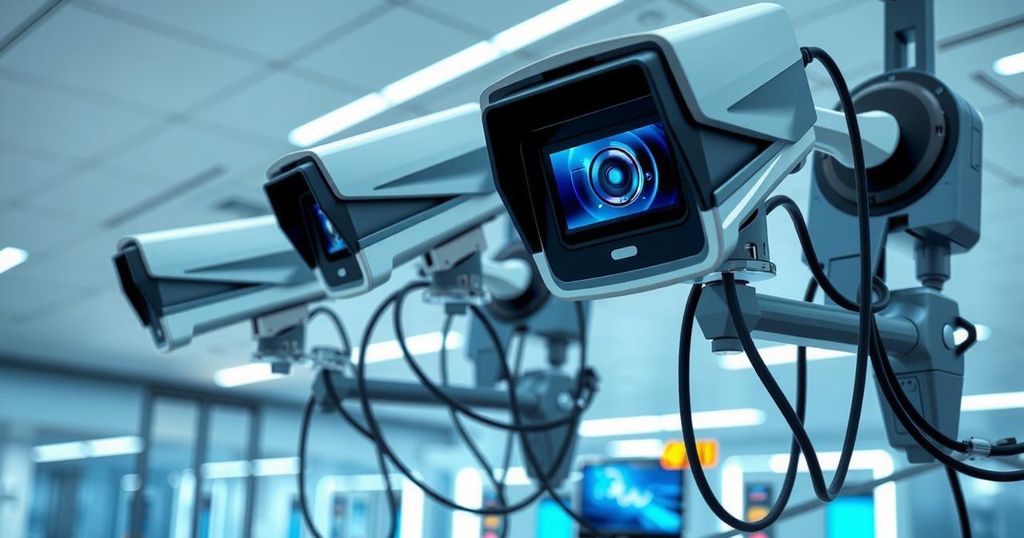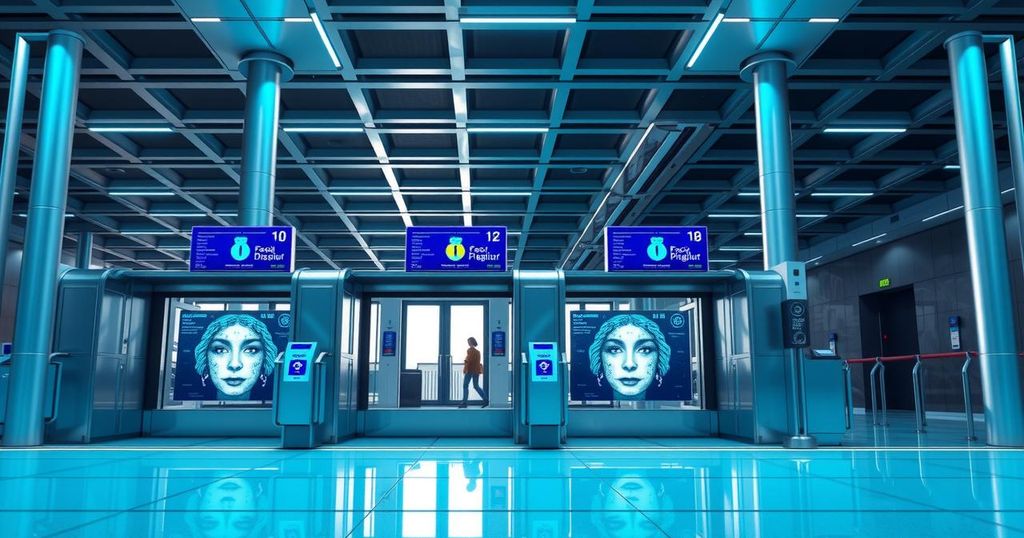Cognitec has secured a contract with the Australian Department of Home Affairs to supply biometric cameras and software for international travelers at airports. This includes installation and support services, with a target implementation date set for July 2026.
Cognitec has secured a contract with Australia’s government to supply biometric hardware and software for international air travelers at various airports. The deal with the Department of Home Affairs will involve deploying biometric cameras that will enable facial biometric capture and verification.
Included in the contract are the necessary camera hardware and cabling, along with software for capturing biometric data, checking image quality, and verifying identity. They will also provide a user interface for travelers, a service integration layer, mounting rigs for the cameras, as well as the physical installation of all components. Furthermore, maintenance and support services come packaged with the agreement.
The Germany-based company has contributed algorithms for testing by NIST, notably in the FRTE 1:1 Verification and FRTE 1:N Identification categories. Their latest algorithm from late 2023 ranks in the top half of accuracy results across the board. Their product lineup also features the FaceVACS-Entry solution, integrating biometric capture hardware and software for improved biometric processing, including presentation attack detection (PAD).
In late 2023, Australia initiated a tender process aimed at outfitting 11 airports with biometric camera systems specifically for use by the Australian Border Force. Officials plan to have these cameras operational by July 2026.
It’s worth noting that New South Wales Police recently halted the use of Cognitec’s facial recognition software, although the reasons for this decision remain unclear, adding a layer of uncertainty around the technology’s deployment in law enforcement.
Cognitec’s contract with the Australian government marks a significant partnership for enhancing biometrics at airports. With their expertise in facial recognition technology and support services, they aim to bolster the processing capabilities of international travelers while addressing security challenges. However, the discontinuation of their facial recognition application by New South Wales Police raises questions about the technology’s broader acceptance and future implementation. The timeline targets a full rollout by July 2026 across 11 major airports, set to modernize the border control experience.
Original Source: www.biometricupdate.com





